1. Almost 20% of accidents on major roads are sleep-related.
Motorways and dual carriageways pose the biggest risk, because they often require the least concentration for an extended period of time.
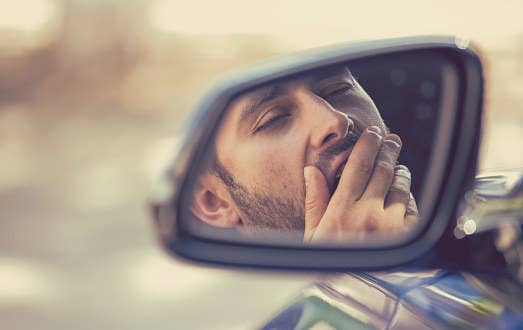
2. And sleep-related accidents are more likely to result in a death or serious injury than any other type of accident.
This is because the driver is highly unlikely to attempt to brake if they're asleep, or even if they're drowsy, resulting in a higher volume of high-speed crashes.
(And these are all conservative estimates.)
In the major study carried out by the Department of Transport, crashes in poor weather, crashes due to tyre issues, and crashes by overweight vehicles were excluded, even though tiredness was likely a factor in many of the cases.
3. Driving tired is just as dangerous as driving drunk.
It's been drilled into us since school how abhorrent drink-driving is (and rightly so), yet tired driving is equally negligent and can have just as fatal effects.
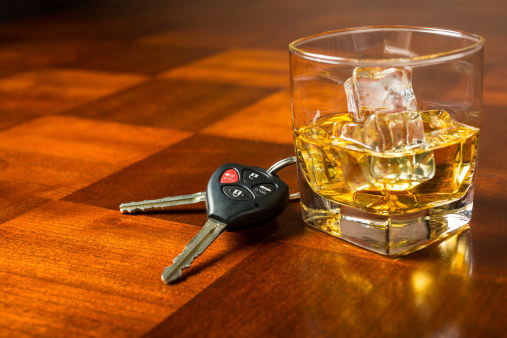
4. In fact, as few as two hours of driving can lead to similar mistakes to someone with a 0.05% blood alcohol level (two glasses of wine).
That's more than halfway towards the legal limit of 0.08%. Likewise, someone who drives after "17 hours of sustained wakefulness" will have a similar level of impairment.
5. Accidents are most likely to happen in the early afternoon and early hours of the morning.
This is aligned to our circadian rhythms, and we're most susceptible to tiredness at these times of the day.
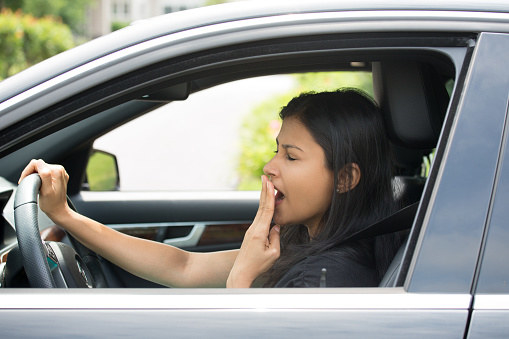
6. You can be asleep for as long as two minutes without realising it.
Microsleeps are when your head drops and you snap yourself back awake. However, while it might feel like you almost fell asleep, in many cases you will have been asleep for much longer than you think.
7. And microsleeping for just six seconds at 70mph would see you travel 200 metres.
That's a really long way for you to move without being able to adjust to any turns in the road or other cars on the road.
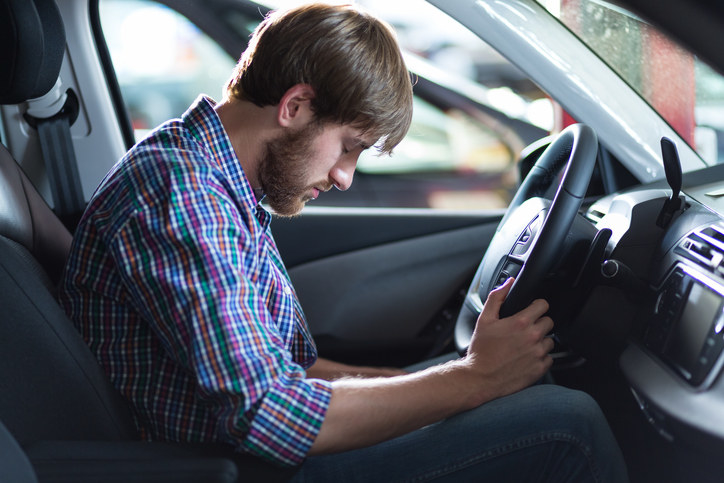
8. If you drive on less than five hours of sleep, there is a 90% chance you won't stay awake on a long journey.
Remember that even one head nod means you will have had a microsleep.
9. Men are much more likely to cause a sleep-related crash than women.
In fact, 85% of crashes studied were caused by male drivers, compared to 15% by female.
10. Under 30s are also more likely to be involved in crashes than their older counterparts.
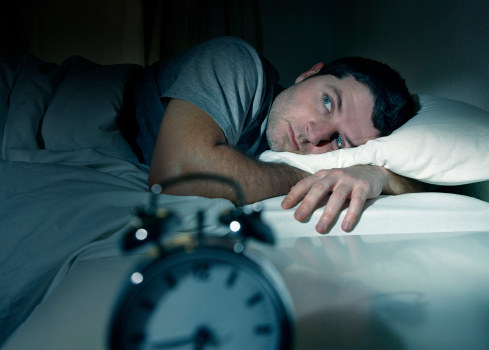
11. Disrupted sleep can hinder reaction times to an even greater degree than having no sleep at all.
The experiment carried out this year featured three triplets being asked to drive for 90 minutes at 60 mph. One had perfect sleep, one had a crying infant, and another had no sleep.
While the man with no sleep had the most "fatigue alerts" from his heart rate monitor and time spent straying from his lane, the man with disrupted sleep had significantly slower reaction times.
12. And 83% of drivers have admitted to driving tired.
Even more shockingly, one third felt they have put other road users in danger by doing so.
13. Death by dangerous driving carries a maximum penalty of 14 years in prison.
It is never worth the risk to drive tired.
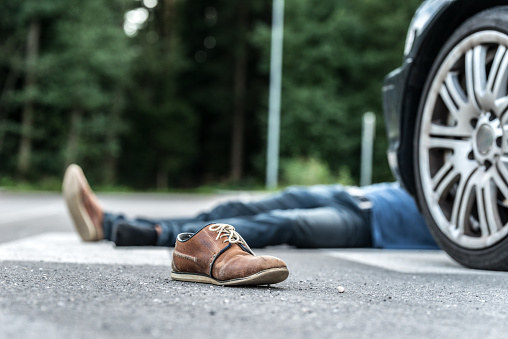
Are you so sure you've never fallen asleep at the wheel?
Aviva is working to make our roads safer, but they need our help to stop us, our loved ones, and the people around us from being injured or killed by drivers who use their mobile behind the wheel.
Find out more about the campaign and make the pledge today to #DriveSafer.
